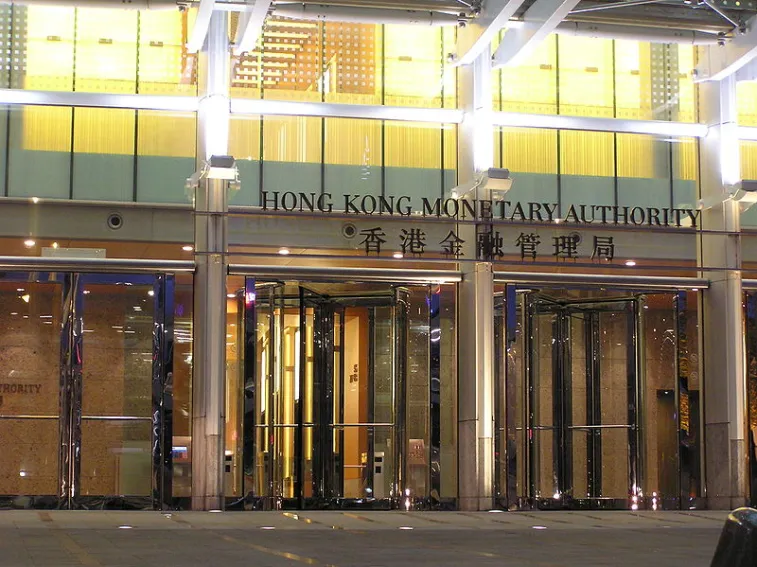
This is how HKMA's tighter regulations help banks' credit profiles
The more severe 300bp interest-rate stress test is a boon after all.
The Hong Kong regulator's measures to tighten conditions for mortgage financing and introduce a risk-weight floor for residential mortgages help to underpin the banks' credit profiles, Fitch Ratings says. These macro-prudential initiatives are expected to curb new lending and help strengthen banks' resilience against property risk. This is because new property loans will require higher safeguards against any sharp property downturn.
Here's more from Fitch:
We see no weakening of the banking sector, despite concerns over a possible domestic housing bubble. Hong Kong banks already follow prudent underwriting standards, which have been tightened regularly since 2009. In addition, property-related loan growth was moderate in 2012 at 4.3%.
HKMA's imposition of a more severe 300bp interest-rate stress test (previously 200bp) for all real estate-related underwriting - to determine whether the borrower meets the maximum debt-servicing ratio of 50%-60% - should bolster the banks' defences against a deterioration in mortgage affordability if and when interest rates rise.
The introduction of a 15% risk-weight floor for residential mortgages will only have a limited immediate impact on the strong capital adequacy of the Hong Kong banks. It may help ease pricing competition, and have an overall benefit on net interest margins.
This is because the floor will increase the amount of capital that banks using the internal ratings based approach have to set aside for new mortgages. It will bring these large banks' risk-weighted assets/total assets (around 30%-40%) closer to the mid-60% to 70% range for banks using the standardised approach.
The banks also have substantial collateral coverage to help withstand a significant correction in Hong Kong property prices. Residential mortgage loans in negative equity are scarce, while maximum LTVs for new residential mortgage loans remain unchanged at between 30% and 70%.
We estimate that residential and commercial property loans are on average at a low 40% of the property value. The lowering of the maximum loan-to-value ratios for financing commercial and industrial properties by 10 percentage points - to 20%-40% - provide additional buffers for these loans.
We do not expect a sudden and severe correction in property prices at present as we see low interest rates and constrained property supply supporting the market. Nevertheless, property loans account for around a third of Hong Kong banks' loans, so they are vulnerable to property-price fluctuations.
The banks' sensitivity to property is even greater if unsecured exposures to developers and investments in property (including head office and branches) are included. Banks also rely on property collateral for other types of loans.
The measures, announced last week along with a significant increase in stamp duty, are part of a continuing policy response to the threat of a residential property bubble. However, the higher taxes and stricter underwriting requirements may not contain the risk without effective measures to boost housing supply.



















 Advertise
Advertise










